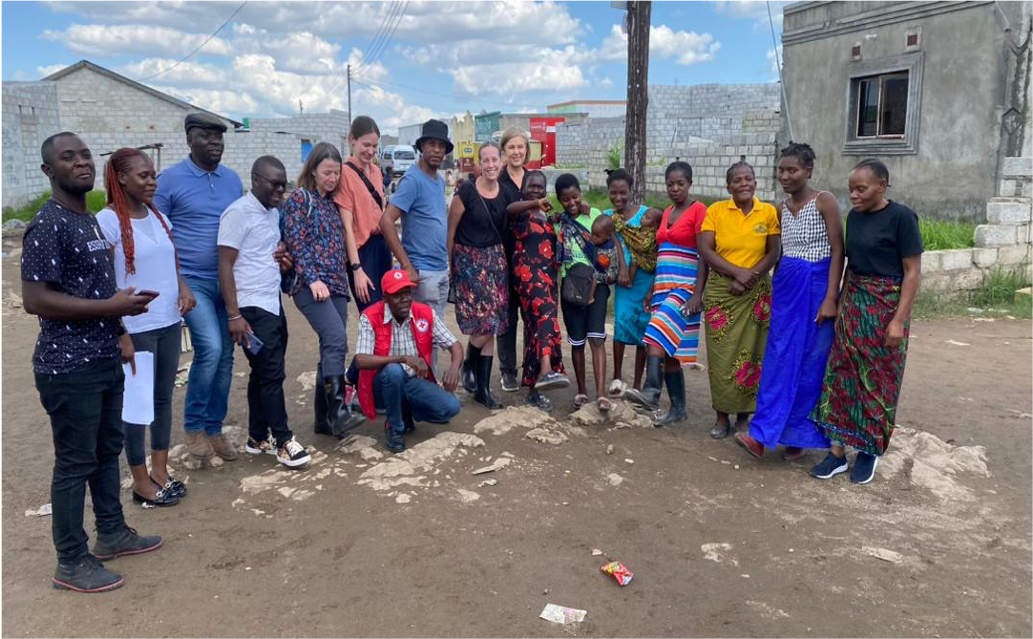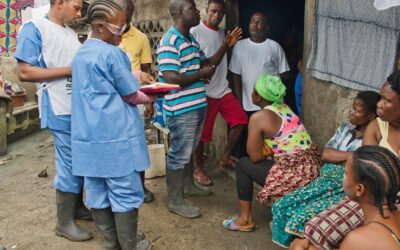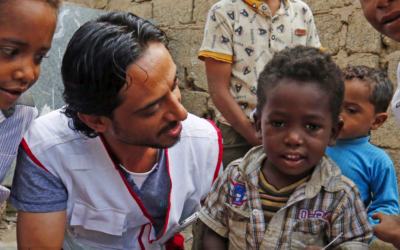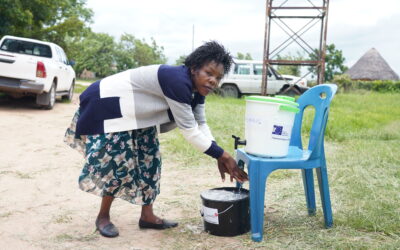Zambia has been experiencing a cholera outbreak since October 2023 with all ten provinces reporting cases. Lusaka remains the main epicentre accounting for over 95% of all reported cases in the country. As of February 14, a total of 18,804 cases have been reported of which 11,973 are in Lusaka province and its districts (including all its sub-districts), which 658 deaths and a case fatality rate of 3.5%.
Children and men continue to account for many of the cases and deaths both in the community and at the facility. Investigations are ongoing to unpack the reasons why children and men are at high risk.
In support of the Dynamic Listening and Research Subgroup under the Risk Communication and Community Engagement (RCCE) Pillar, co-led by the Ministry of Health (MOH) and Zambia National Public Health Institute (ZNPHI), UNICEF is working with the Zambia Red Cross Society (ZRCS) and University of Zambia (UNZA), supported by UKHSA and US CDC to undertake a series of rapid qualitative assessments (RQA) to better understand transmission dynamics and community perceptions towards causes of cholera, prevention measures and treatment.
The early key findings and recommendations were shared during the presentation of the ESAR Technical Working Group as well as multiple response coordination platforms in each country. Other RCCE activities have been implemented, such as the reactivation of Dynamic Listening, training and mentoring/supervision of the University of Zambia (UNZA) School of Public Health Students, Community Feedback System with training on data coding across the country, and the development of action tracking for RQAs and Community Feedback data.
Consult the TWG presentation to access further details on the RQAs’ key findings and recommendations.
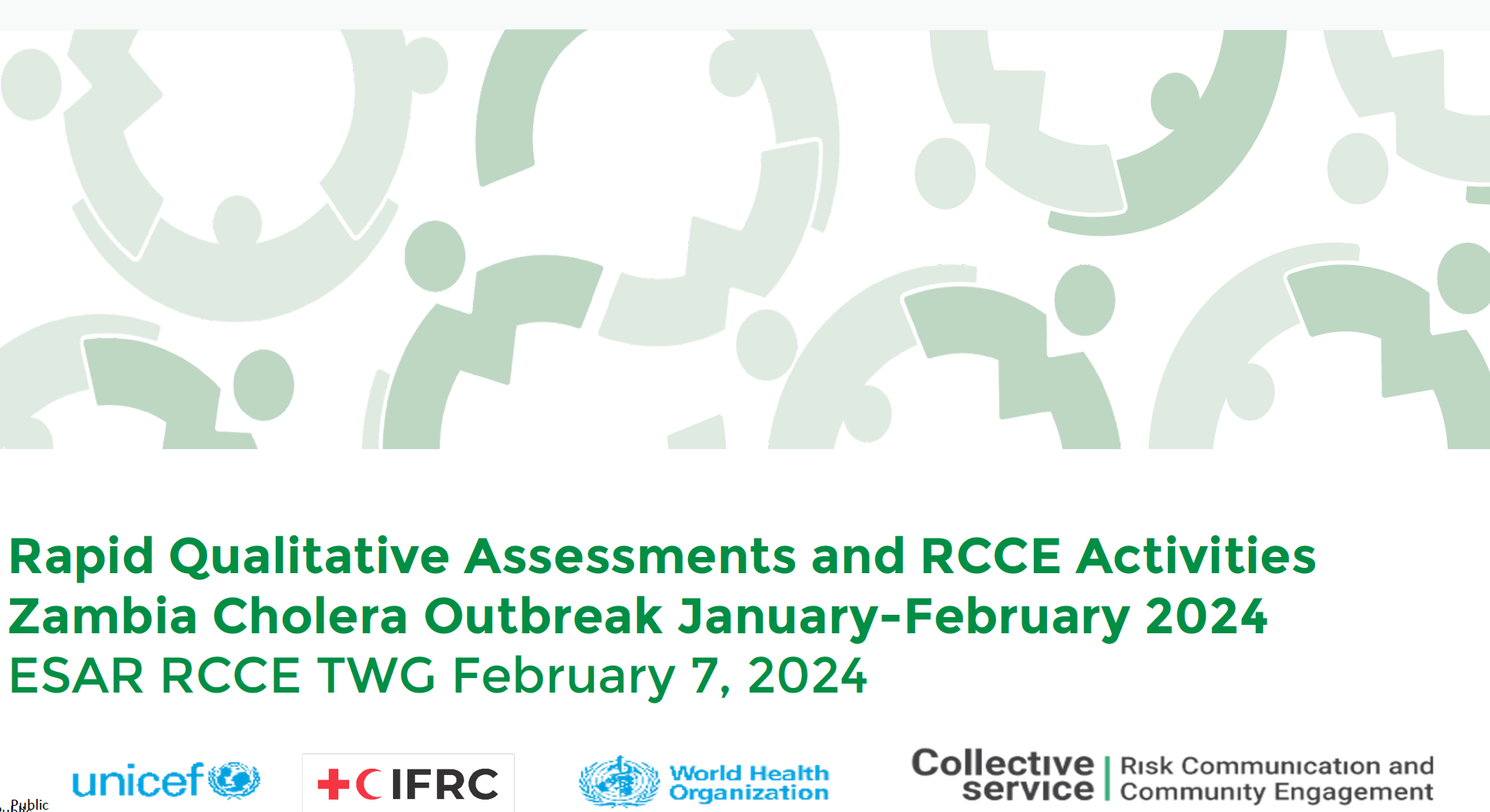
Contact: Rachel James, Collective Service Regional Interagency Coordinator (UNICEF)

